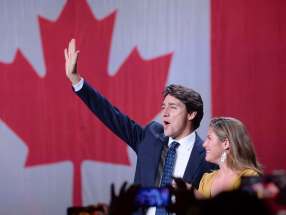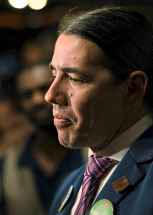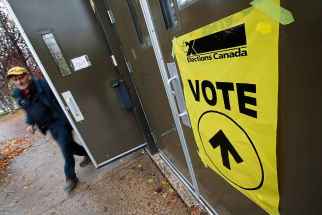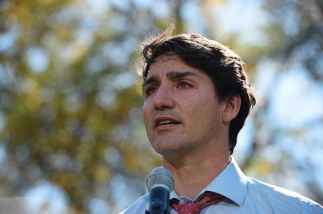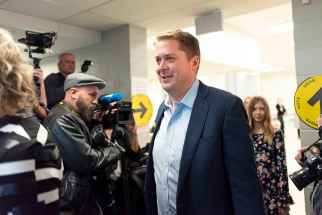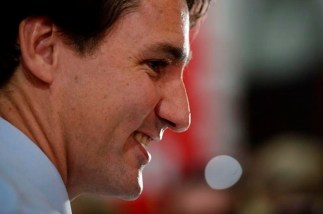Minority government should humble Trudeau
Read this article for free:
or
Already have an account? Log in here »
To continue reading, please subscribe:
Monthly Digital Subscription
$0 for the first 4 weeks*
- Enjoy unlimited reading on winnipegfreepress.com
- Read the E-Edition, our digital replica newspaper
- Access News Break, our award-winning app
- Play interactive puzzles
*No charge for 4 weeks then price increases to the regular rate of $19.00 plus GST every four weeks. Offer available to new and qualified returning subscribers only. Cancel any time.
Monthly Digital Subscription
$4.75/week*
- Enjoy unlimited reading on winnipegfreepress.com
- Read the E-Edition, our digital replica newspaper
- Access News Break, our award-winning app
- Play interactive puzzles
*Billed as $19 plus GST every four weeks. Cancel any time.
To continue reading, please subscribe:
Add Free Press access to your Brandon Sun subscription for only an additional
$1 for the first 4 weeks*
*Your next subscription payment will increase by $1.00 and you will be charged $16.99 plus GST for four weeks. After four weeks, your payment will increase to $23.99 plus GST every four weeks.
Read unlimited articles for free today:
or
Already have an account? Log in here »
Hey there, time traveller!
This article was published 21/10/2019 (2243 days ago), so information in it may no longer be current.
It was less a comeback for Liberal leader Justin Trudeau than a last-ditch effort to snatch some degree of victory from the jaws of defeat.
In this nasty, desperate campaign where the Liberals and Conservatives remained deadlocked with historically low levels of support, Trudeau had a unique experience: he leaned over the edge of the political abyss and saw his own ruination.
Halfway through the campaign, the poll trend lines were all working against him and it seemed very likely that he might lose an election that was seen by most pundits as little more than a formality just a year ago.
Trudeau’s great saving grace in the 43rd general election was not a lingering affection that Canadians had for the mercurial leader who took the country by storm in 2015.
Rather, it was the Conservative party’s great Achilles Heel: a concentration of support in Western Canada that is not shared with voters in other regions.
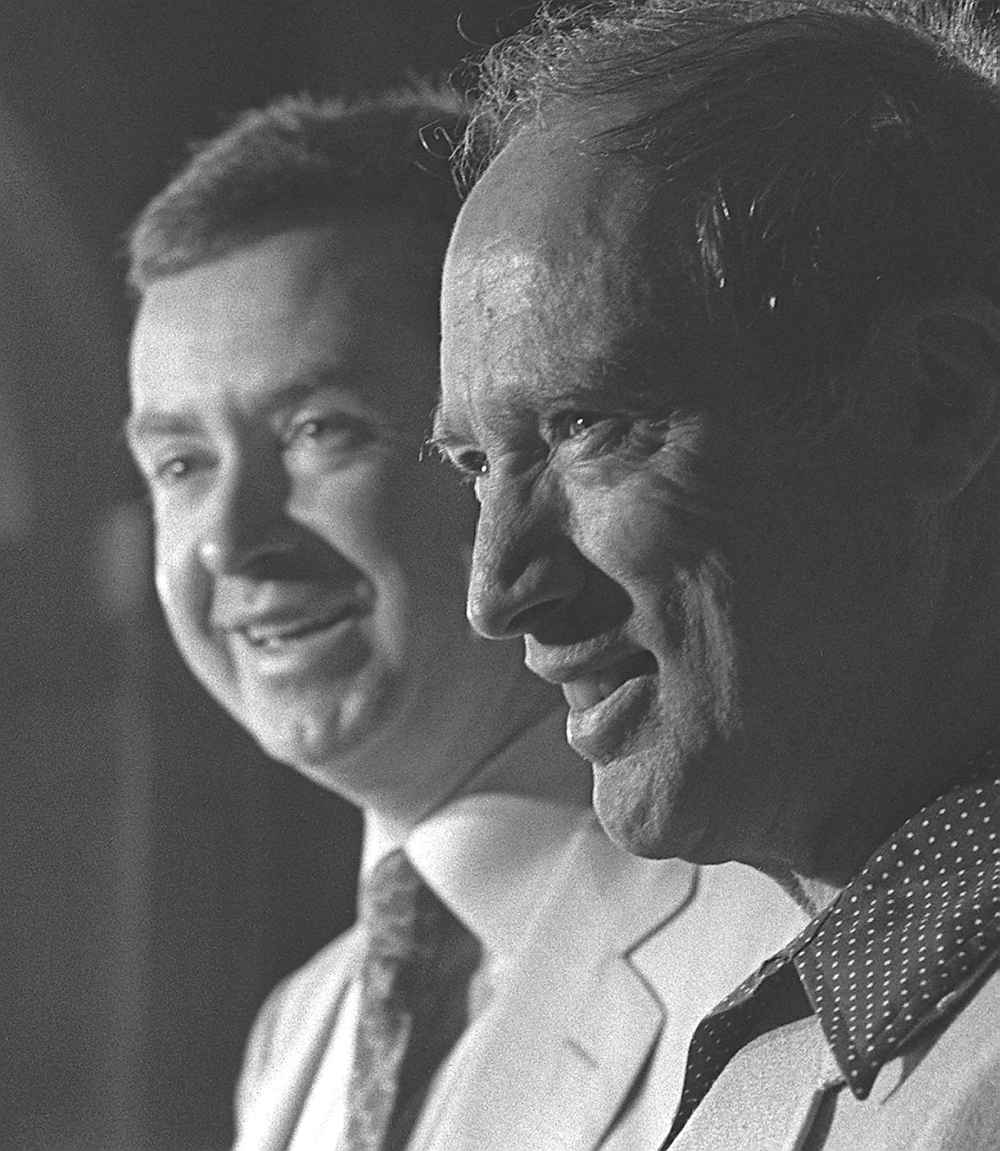
Late in the vote counting, it appeared the Liberals would maintain a 38-seat advantage over the Conservatives even though the Tories had received a slightly larger share of the popular vote. Not since 1979 — when Progressive Conservative Leader Joe Clark won a minority mandate over Liberal Leader Pierre Trudeau — has the winning party received fewer votes than the party in second place.
The minority, along with the anomaly in popular vote, should force Trudeau to adopt a more humble, more strategic approach to governing. The aggressive arrogance that characterized the first four years of Liberal government simply cannot survive in a minority parliament.
Trudeau will also have to face the fact that the country, and not just the House of Commons, has undergone a transformation in this election.
Two undeniable truths have come out of this election.
First, Canada is more fractured than it has been in a very long time. The lines of demarcation — which fall along the lines of language, culture and ethnicity, region and particularly between urban and rural Canadians — are now vividly defined. This will be a difficult time in which to govern.
And second, Trudeau alone has done more than anyone else to divide the nation.
Canada is more fractured than it has been in a very long time. The lines of demarcation– which fall along the lines of language, culture and ethnicity, region and particularly between urban and rural Canadians – are now vividly defined. This will be a difficult time in which to govern.
This campaign has confirmed what many of us already knew: Trudeau is arguably the most polarizing prime minister since his father controlled the levers of power in Ottawa.
His diehard supporters, largely horrified by the notion of a Conservative government, were willing to overlook the scandals around SNC-Lavalin and the horrific blackface episodes; at the same time, his detractors grew both in numbers and in volume, desperate to bring down a mercurial leader who embodied the arrogance and entitlement that comes with being a man of privilege and wealth.
The political and policy cocktail that Trudeau employed to divide the country was an odd and fascinating concoction. He tried to mix an ambitious, progressive agenda with healthy doses of deeply traditional regional politics, and spiced up with a dash of celebrity sparked by his youth and movie-star good looks.
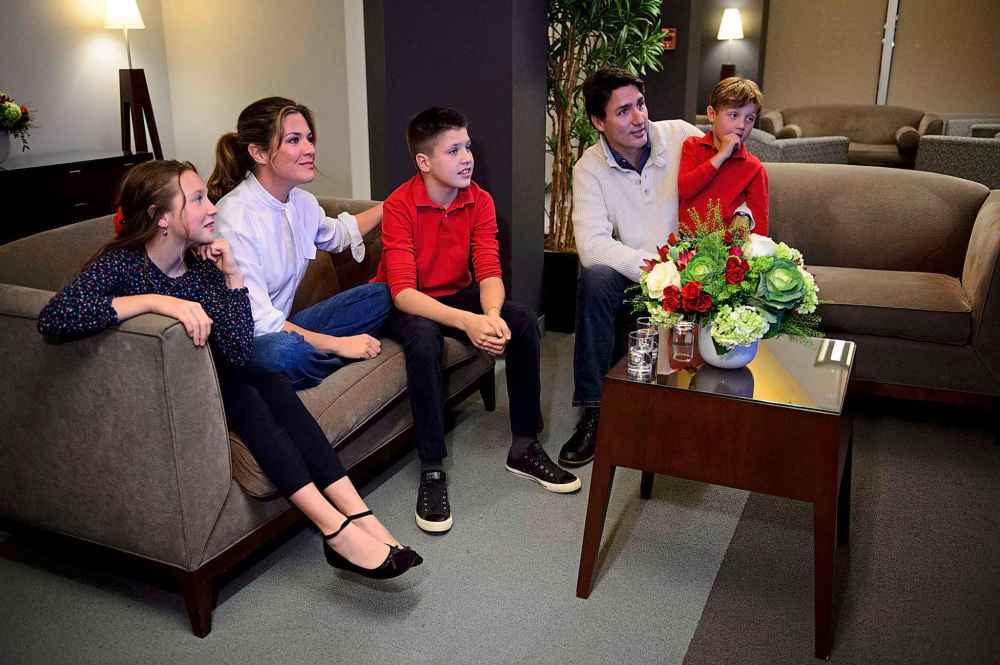
However, as the ethical and moral transgressions mounted, Trudeau’s ambition took on the blush of hubris. His devotion to progressive values — which served him so well in his 2015 battle against Conservative Leader Stephen Harper — seems suspicious, even disingenuous, now. And his global, rock-star celebrity, well, that has been tarnished forever.
But the changes awaiting Trudeau go well beyond how Canadians will see him over the next four years.
In delivering a minority mandate, the political gods have dealt Trudeau an awkward hand. Gone is the majority that fuelled Trudeau’s swagger. In its place, the Liberal leader is left with a clear and present need to find common ground with the NDP, which managed to win enough seats to carry the balance of power in the next parliament.
Still, NDP Leader Jagmeet Singh and Green Leader Elizabeth May gave no indications that they will be passive players in the minority parliament. Climate change was a central focus of both campaigns and Trudeau will have to be bolder and more dynamic on that file to earn support from both leaders.
A Trudeau advantage is that neither the NDP nor Greens are likely to quibble with his broader fiscal policy; both opposition parties believe in running manageable deficits to address key government priorities. But they will want clarity and action on a range of other issues.
Election day for Trudeau opened with the distinct possibility that he would forever be known as the author of one of the greatest political stumbles of all time. It finished with Trudeau being given a qualified second chance to remedy all of the mistakes he made in the first four years.
In his next mandate, there is no margin for error. Trudeau will either learn from his mistakes, or he will find himself slipping over the edge into that abyss.
dan.lett@freepress.mb.ca

Dan Lett is a columnist for the Free Press, providing opinion and commentary on politics in Winnipeg and beyond. Born and raised in Toronto, Dan joined the Free Press in 1986. Read more about Dan.
Dan’s columns are built on facts and reactions, but offer his personal views through arguments and analysis. The Free Press’ editing team reviews Dan’s columns before they are posted online or published in print — part of the our tradition, since 1872, of producing reliable independent journalism. Read more about Free Press’s history and mandate, and learn how our newsroom operates.
Our newsroom depends on a growing audience of readers to power our journalism. If you are not a paid reader, please consider becoming a subscriber.
Our newsroom depends on its audience of readers to power our journalism. Thank you for your support.
History
Updated on Monday, October 21, 2019 11:39 PM CDT: Adds photo
Updated on Tuesday, October 22, 2019 8:58 AM CDT: Updates that Liberals only need support from NDP to survive confidence votes
















